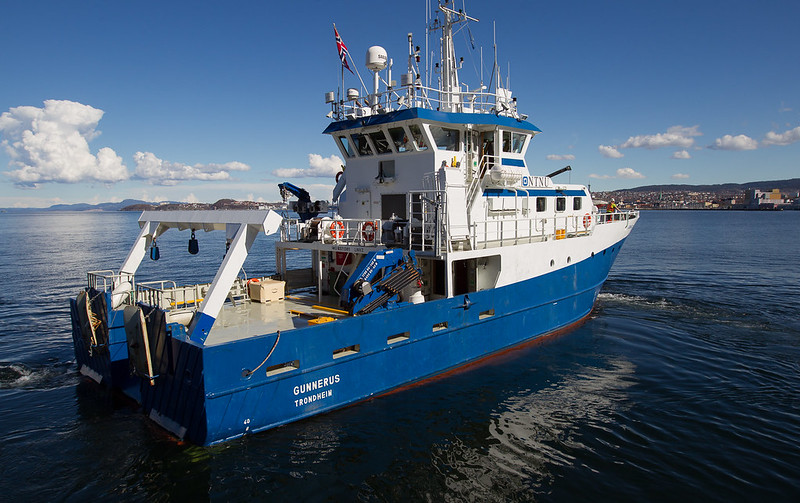Harvesting
Ocean Resources
Ocean Resources
Harvesting

Ocean Resources
Specialization in MSOCEAN:
Harvesting
- Environmental interactions
- Fishing fleets and vessels
- Fishing gear and enabling technologies
A focus in the specialization Harvesting is establishing knowledge and understanding on how vessels and technology in the fishing fleet can contribute to sustainable harvesting of ocean resources. These activities have three main pillars. 1) Environmental interactions of harvesting and harvested ocean resources; 2) design and operation of fishing fleets and fishing vessels; and 3) fishing gear and enabling technologies. Fish resources has an important focus, but harvesting of low-food chain resources such as copepods and technology for harvesting farmed seaweed are other important aspects.
The students will acquire knowledge in processing technologies of marine resources, design of systems of fishing vessels, fishing gear and enabling technologies, and analysis of catching capacities of fishing fleets in light of current technologies. This includes knowledge about the framework conditions and environmental challenges for commercial fisheries in a value chain perspective, as well as methods for assessing environmental interactions and life-cycle impact.
